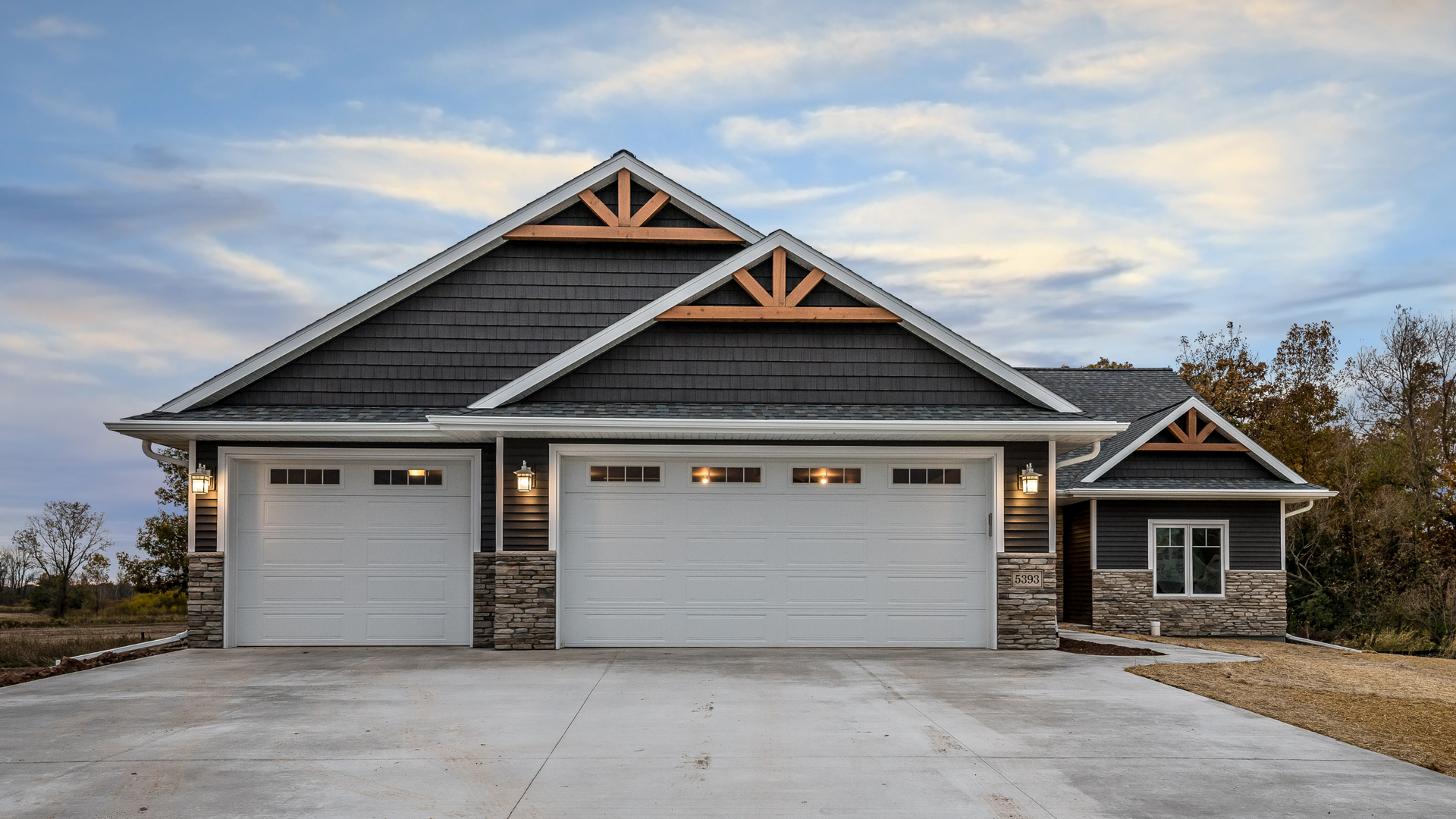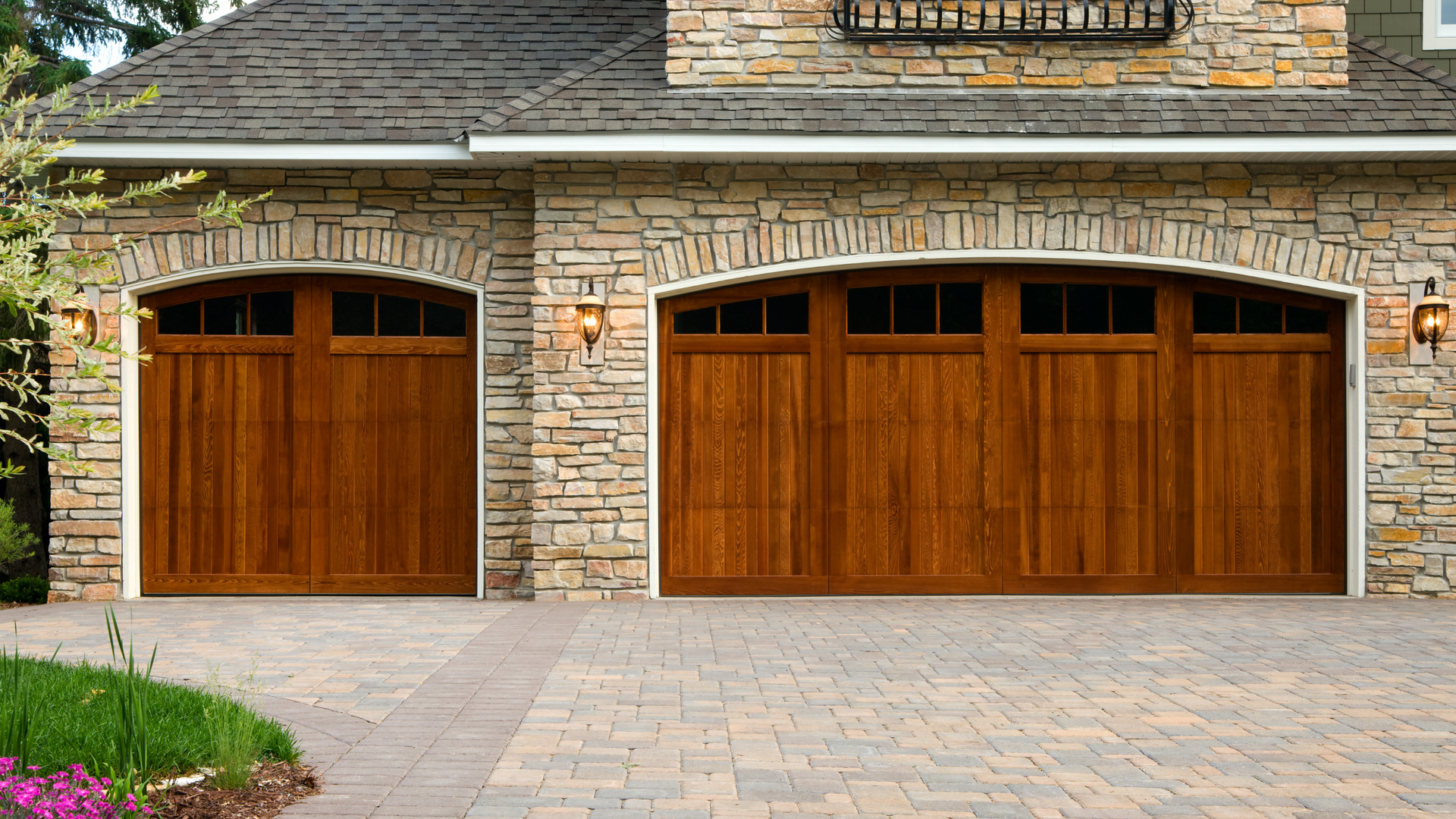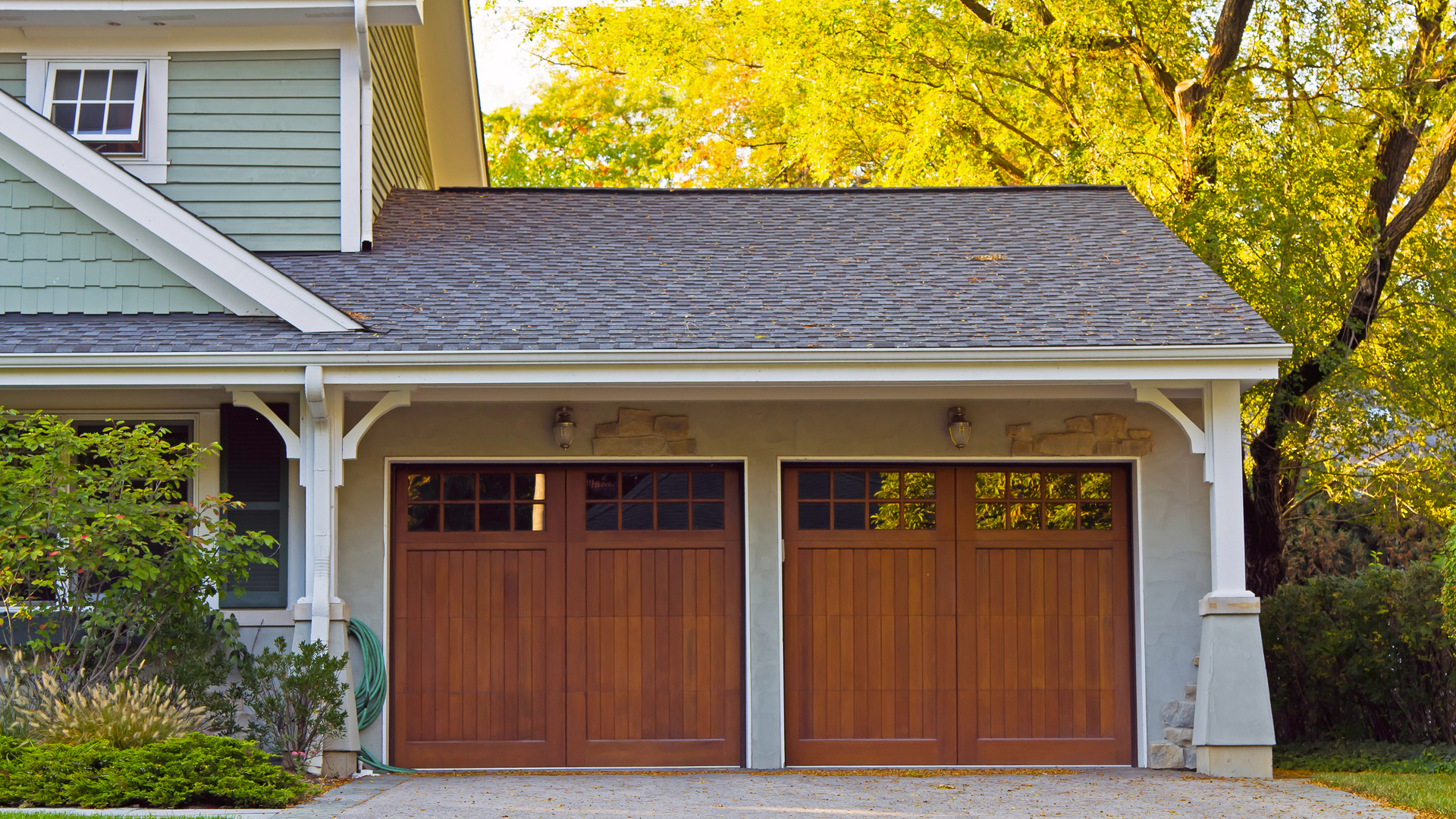By Ryan Tebo
•
December 23, 2024
Garage doors are essential for home security and convenience, but like any mechanical system, they can encounter problems over time. Understanding common issues and knowing when to tackle them yourself versus calling a professional can save you time, money, and ensure safety. One of the most frequent problems homeowners face is when the garage door won’t open or close. This can be caused by blocked sensors, power issues, or broken springs. Sensors can become misaligned or obstructed, while power supply disruptions might prevent the opener from functioning. Broken springs, which bear the weight of the door, can also be a culprit, often indicated by a gap in the tension spring. To address these issues, you can check the sensors for cleanliness and alignment, ensure the opener is plugged in, and verify that the circuit breaker is intact. However, replacing broken springs is dangerous due to their high tension and should always be handled by a professional. If the door still won’t operate after basic troubleshooting, it’s time to consult a technician. Noisy operation is another common issue and is often caused by worn rollers or hinges or a lack of lubrication. To resolve this, apply a silicone-based lubricant to rollers, hinges, and tracks, and tighten any loose hardware. Avoid touching the bottom brackets, as they are under extreme tension and require professional attention. If noise persists, it may indicate damaged components that need replacement by a technician. An uneven or sagging garage door can result from imbalanced springs or track misalignment. While you can perform a visual inspection to identify obstructions or visible misalignments, adjustments to the springs or tracks are hazardous and should be left to a professional. These experts can safely realign tracks or adjust spring tension to restore the door’s proper operation. Winters in Michigan can bring specific challenges for garage doors due to cold temperatures, snow, and ice. Frozen garage doors are a frequent problem, often caused by moisture freezing at the door’s base and sticking it to the ground. To address this, gently chip away the ice with a plastic scraper and apply de-icer, avoiding force that could damage the seal. Extreme cold can also thicken lubricants and strain the opener motor. Applying cold-weather lubricant can help, but if the opener continues to struggle, it’s wise to have a professional inspect the motor. Additionally, metal springs are more prone to snapping in freezing temperatures, requiring immediate professional assistance if they break. Ice and snow buildup can also damage weather stripping, so inspecting and replacing worn seals is vital to maintaining insulation and preventing freezing. Regular winter maintenance, such as clearing snow around the garage door and applying lubrication, can help prevent these issues. Remote control or keypad issues are also common, often caused by dead batteries or signal interference. Replacing batteries or reprogramming the device using the manufacturer’s instructions can resolve most problems. However, if the issue persists, it may point to deeper electrical problems that require a professional’s expertise. Safety should always be a priority when dealing with garage door issues. Garage doors are heavy and operate under high tension, making complex repairs dangerous without proper knowledge. Broken springs or cables, electrical issues, and structural damage should always be handled by professionals.






